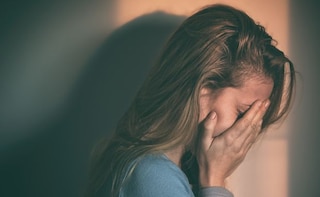Anxiety disorders are not only associated with the pressures of an urban lifestyle but also affect people living in deprived areas equally or in some cases more severely. A new study, conducted by the researchers from the Cambridge Institute of Public Health, has found that women living in deprived conditions and poor areas have a 60 per cent higher risk of developing anxiety disorders. However, the same results were not found in men. In their case, living in rich or poor areas showed very little difference in their anxiety levels. These findings were published in the journal BMJ Open.
Advertisement
For the latest food news, health tips and recipes, like us on Facebook or follow us on Twitter and YouTube.
Advertisement
